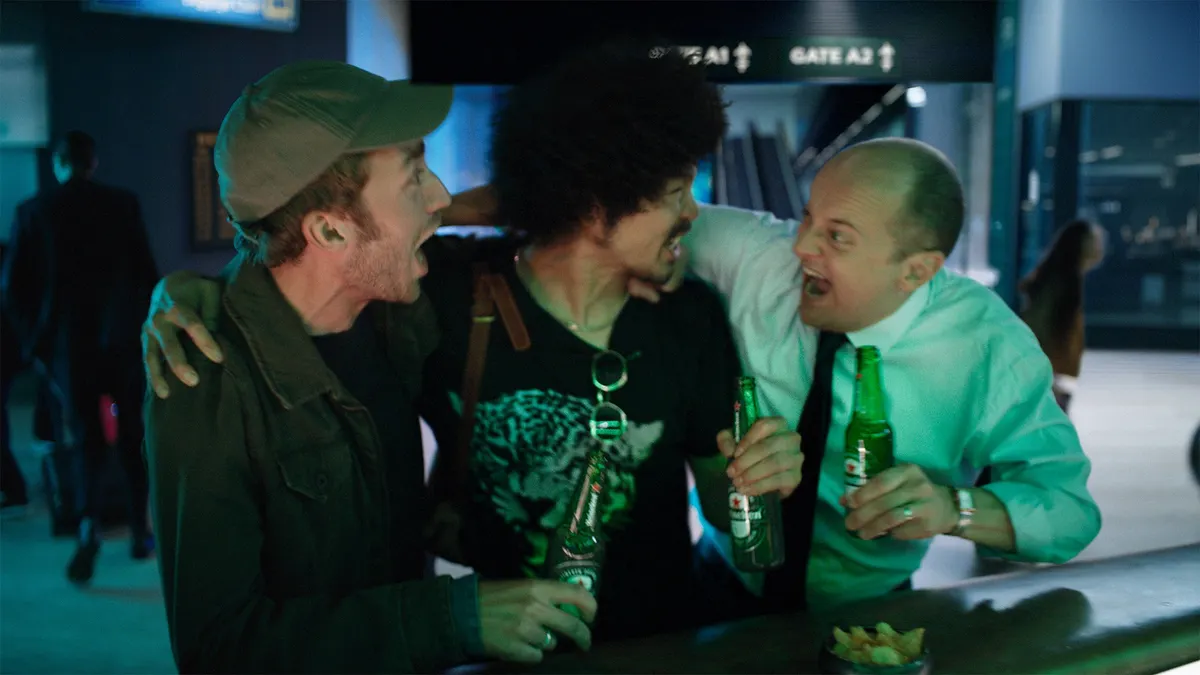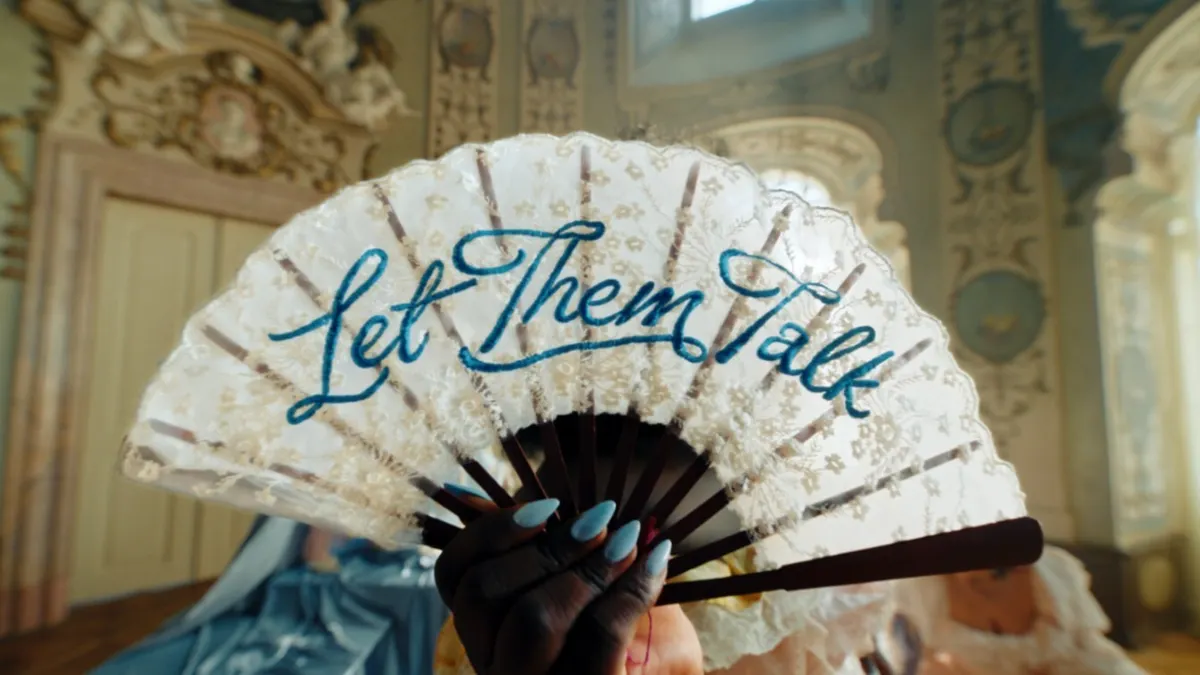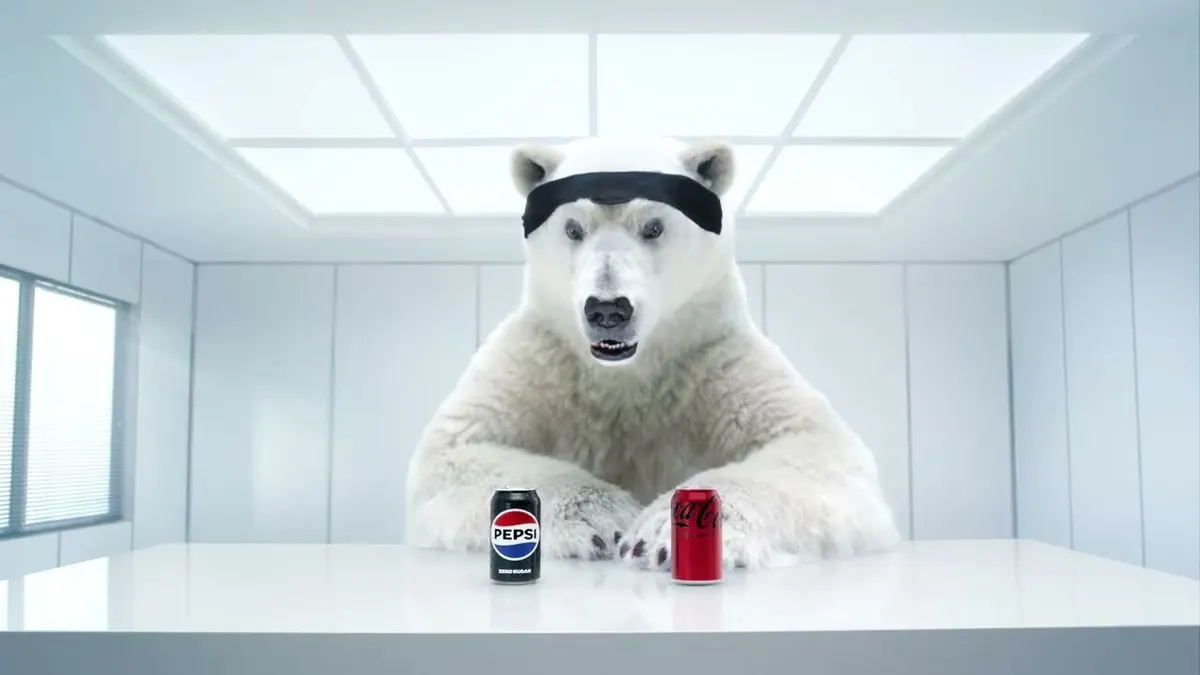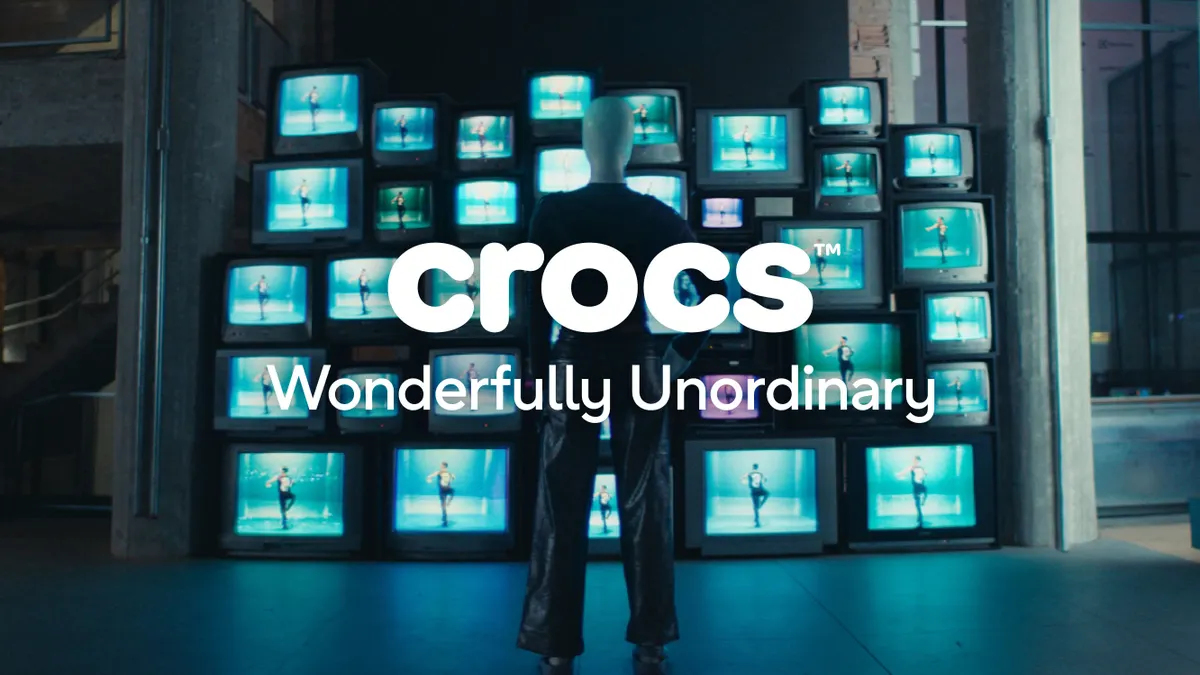NEW YORK — When Bonobos was acquired by Walmart for $310 million in June of last year, many longtime fans of the men's e-commerce retailer expressed concerns about its future. How could the scrappy direct brand, founded in 2007, keep up its commitments to quality and bespoke customer service under the corporate stewardship of the biggest retailer in the U.S.?
"The first thing that happened was the consumer reactions ... it was a rough day," Bonobos CEO Micky Onvural said on a panel at the IAB's Direct Brand Summit on Tuesday, sharing slides of the outcry on Twitter at the news. "There was the good, there was the bad and then there was the downright ugly."
At the talk, Onvural, along with Bonobos' founder and former chief executive Andy Dunn, detailed how the brand has been focused, in the time since, on preserving brand culture and growing a sense of purpose post-acquisition, which has helped it expand under the Walmart banner without losing its original appeal. In some cases, such as marketing, Bonobos has actually grown bolder in the stances it takes on social and political causes, including through a recent campaign challenging traditional notions of masculinity that drove favorable feelings toward the brand and purchase intent, according to results shared during the session. While the approach risked stirring up management, it actually ended up delivering on performance at a time when the demand for brands to be brave is growing.
"Yes, there was the opportunity behind the scenes to take advantage of [Walmart's] scale from a shipping fees and credit card fees perspective," Onvural said. "But there was also this opportunity to really reaffirm what we stood for in light of this changing ecosystem."
David and Goliath
Anxieties about how a post-acquisition Bonobos could retain its standards around quality clothes and customer experience were felt not just by fans, but also at the executive level. Dunn, who handed the CEO reigns to Onvural in September to become SVP of digital consumer brands at Walmart, said he personally didn't feel comfortable with the deal until 100 days after it was signed.
"My concern with the acquisition is, would we have challenges with the culture in the aftermath?" he said. The preservation of long-standing company traditions, such as Camp Bonobos, an annual, two-day retreat to New Hampshire, helped to reassure the founder his business was in good hands as he geared up for a different role.
Still, the change in ownership and Dunn's own move to Walmart have lead to a period of adjustment. The founder keeps close to Bonobos — he continues to work in the same office as Onvural — but answering to a massive corporation means he's no longer the ultimate decision maker, a role that was in some ways easier and less driven by politics. Dunn compared the situation to David working inside of Goliath, among other metaphors.
"I feel like I've gone from being the captain of a dinghy to a deckhand on an aircraft carrier," Dunn said.
At a conference that hammered on the rising dominance of direct-to-consumer brands and the important lessons they can teach the legacy businesses they're disrupting, Dunn also hinted that those messages aren't always heard.
"Once you have to figure out, how do I build coalitions, how do I bring people along, for me it's so obvious that digital consumer brands are the future," Dunn said. 'That's not necessarily accepted as gospel."
Fitting in
In other ways, Bonobos still runs as it did before being acquired, according to Onvural. One area the brand has experimented more is in its messaging strategy. In July, Bonobos rolled out a campaign around the ESPY awards called "#EvolvetheDefinition" that asked men to read definitions of masculinity and then recorded their responses, with many reacting negatively to the rigid descriptions. The idea for the creative was born relatively on the fly, growing out of a regional linear TV campaign that was set to run in the Austin, Texas, and Chicago markets.
"One of the jewels in the crown of the last year has been how we have made a somewhat political stand on a belief around this changing world of masculinity and how we need to promote that as a brand," Onvural said. "This was a chance to take a stand and it was a chance to cut through the noise."
Not everyone was a fan of "#EvolvetheDefintion." The campaign's launch with a YouTube takeover resulted in millions of views but also a deluge of negative comments on the platform, including some riddled with homophobia. Onvural admitted that things got "hairy," but that the creative also resonated with important segments. Eighty-three percent of men in Bonobos' target audience felt more favorable toward the brand after viewing the ad and 36% expressed that they were more likely to buy with the retailer, according to figures shared by the CEO.
"For me, that is just reaffirming the importance of a brand standing for something, being a signpost for consumers and living and breathing it," Onvural said.
Weathering choppy waters
Blowback from Walmart to #EvolvetheDefinition was also minimal, which perhaps isn't surprising given some of the strategic directions the retailer has taken in recent years. While Walmart's core brand isn't particularly political, other acquisitions it's made, such as Modcloth through its Jet.com arm in 2017 and the plus-sized DTC brand Eloquii earlier this month, signal diversity and inclusion are getting bigger on the corporate agenda.
"The Walmart team recognized that consumers connect with brands. Those brands in this day in age need to be authentic, they need to stand for something," Onvural said. The executive called out research from Edelman, which recently found 64% of surveyed global consumers purchase from or boycott brands due to their stances on social or political issues.
"I think Walmart recognized the strength of that," Onvural said. "That's not to say that there aren't sometimes choppy waters when you make a statement as overt as we did, but I also think they know the power of brand."





















